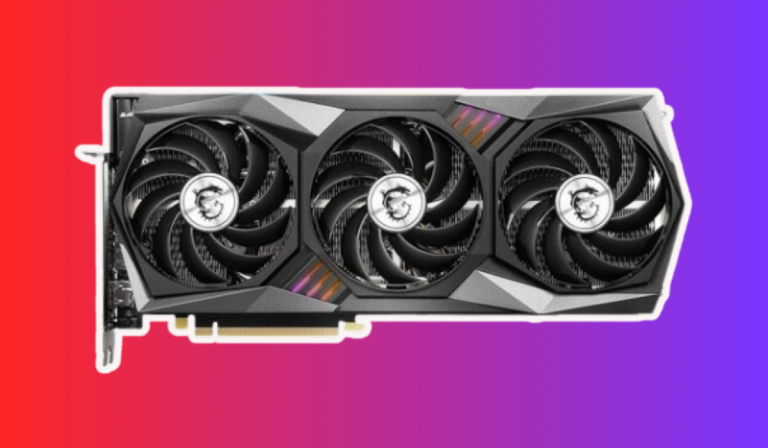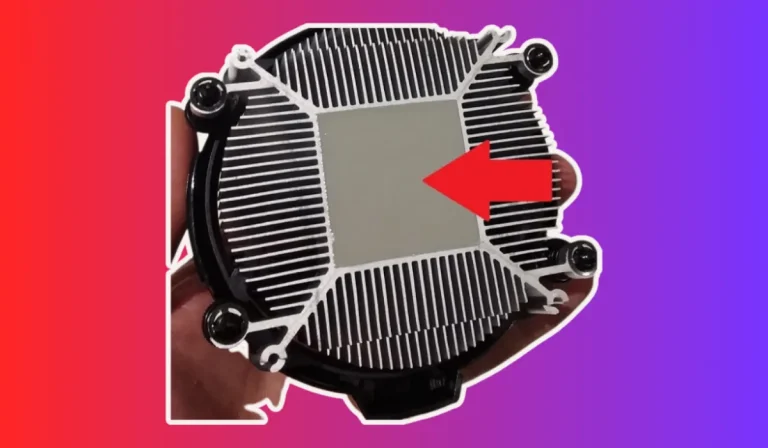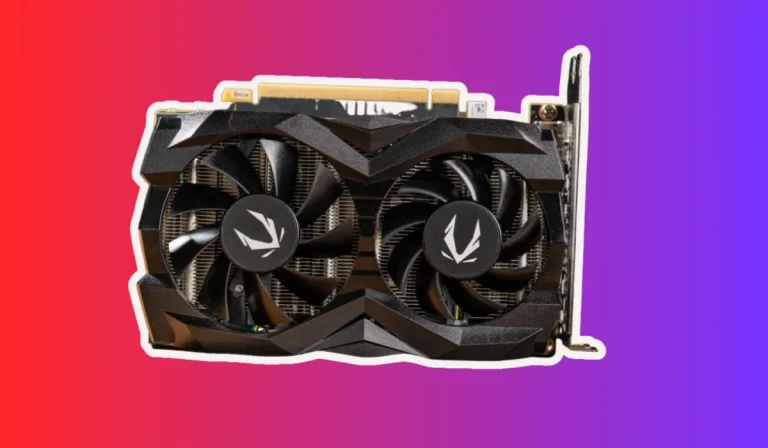Is a CPU Cooler Necessary for My PC?
When it comes to your PC’s performance, maintaining the right temperature is crucial. That’s where a CPU cooler comes into play. But do you really need one? In this blog post, we’ll dive into the world of CPU coolers, explaining their importance and how they can keep your PC running smoothly. Let’s get started!
Why Do I Need a CPU Cooler?
When it comes to your PC’s performance and longevity, having a CPU cooler is essential. Here we will explore why:
Prevents Overheating and Performance Issues
A CPU generates a significant amount of heat while processing tasks. Without a proper cooling system in place, this heat can build up, leading to overheating. Overheating can cause the CPU to throttle its performance, resulting in sluggishness and reduced overall efficiency. A CPU cooler helps dissipate this heat, ensuring that your PC runs smoothly without any performance issues.
Protects the CPU from Damage
Excessive heat can damage your CPU over time. Prolonged exposure to high temperatures can degrade the CPU’s internal components and even lead to permanent malfunction.
By installing a CPU cooler, you provide active cooling that keeps the temperature within safe limits, protecting your investment and extending the lifespan of your CPU.
Prevents Thermal Throttling
When a CPU reaches its maximum temperature threshold, it initiates thermal throttling as a self-preservation mechanism. This means that the CPU intentionally reduces its clock speed to lower heat generation, compromising its performance.
A CPU cooler helps maintain optimal temperatures, preventing thermal throttling and allowing your CPU to operate at its full potential.
Enables Overclocking
For those seeking an extra boost in performance, overclocking can be an option. Overclocking involves pushing the CPU beyond its factory-set speed limits, but this also leads to increased heat generation.
With a CPU cooler, you can effectively manage the additional heat produced during overclocking, allowing you to maximize your PC’s capabilities without risking damage.
Factors to Consider When Choosing a CPU Cooler
When it comes to selecting a CPU cooler, there are several important factors to keep in mind. Here we will explore these factors to help you make an informed decision:
Compatibility with Your CPU
The first thing to consider is whether the CPU cooler is compatible with your specific processor. Different CPUs have different socket types, so ensure that the cooler you choose supports your CPU’s socket.
Cooling Performance
The primary purpose of a CPU cooler is to keep your processor cool. Look for coolers that offer efficient cooling performance. Consider factors like the size and design of the cooler, as well as the number of heat pipes and fan speed. A cooler with a higher cooling capacity will be more effective at dissipating heat.
Noise Level
Nobody wants a PC that sounds like a jet engine. Pay attention to the noise level of the CPU cooler. Look for coolers that are designed to operate quietly, with low noise ratings. This way, you can enjoy a quieter computing experience without compromising on cooling performance.
Budget Considerations
Price is always a factor to consider. Set a budget for your CPU cooler and look for options that fit within that range. Remember that more expensive coolers often offer superior cooling performance and quieter operation, but there are also cost-effective options available that can still meet your needs.
Consider Your Usage
Think about how you plan to use your PC. If you’re into heavy gaming or CPU-intensive tasks, you might want to invest in a high-performance cooler. On the other hand, if you have a basic usage scenario, a more budget-friendly cooler might suffice
How to Install a CPU Cooler
Installing a CPU cooler may seem daunting, but with the right guidance, it can be a straightforward process. Here we will walk through the steps to help you install your CPU cooler correctly:
Gather the Necessary Tools and Components
Before you begin, ensure you have all the tools and components required for installation. This typically includes the CPU cooler itself, thermal paste, a screwdriver, and any mounting brackets or backplates that come with your cooler.
Prepare Your PC
Start by shutting down your computer and unplugging it from the power source. Open your PC case to access the motherboard and locate the CPU socket.
Apply Thermal Paste
Apply a small pea-sized amount of thermal paste onto the center of your CPU. This helps in ensuring proper heat transfer between the CPU and the cooler.
Mount the CPU Cooler
Carefully place the CPU cooler onto the CPU socket, aligning the mounting holes or brackets with the corresponding holes on the motherboard. Secure the cooler using the provided screws or clips. Make sure the cooler is firmly attached, but avoid overtightening the screws.
Connect the Fan
If your CPU cooler has a fan, connect it to the appropriate fan header on the motherboard. This allows the fan to receive power and be controlled by the system.
Reassemble and Test
Once the CPU cooler is securely installed, close your PC case and reconnect all cables. Power on your computer and monitor the CPU temperature to ensure it is within safe limits. If everything looks good, congratulations! Your CPU cooler is now installed and ready to keep your CPU cool.
FAQ’s
1. Is a CPU cooler necessary for my PC?
Yes, a CPU cooler is essential for your PC. It helps dissipate heat generated by the processor, preventing it from overheating and potentially causing damage.
2. What happens if I don’t use a CPU cooler?
Without a CPU cooler, your processor can quickly reach high temperatures, leading to thermal throttling, system instability, and even permanent damage to the CPU.
3. Can I use the stock CPU cooler that came with my processor?
The stock CPU cooler provided with most processors is typically sufficient for normal usage. However, if you plan on overclocking or engaging in heavy CPU-intensive tasks, upgrading to an aftermarket cooler is recommended for better cooling performance.
4. Do all CPUs require the same type of cooler?
No, different CPUs have different socket types, and therefore, require specific coolers that are compatible with their socket. It’s important to ensure the cooler you choose supports your CPU’s socket type.
5. What are the benefits of using an aftermarket CPU cooler?
Aftermarket CPU coolers offer several advantages, including improved cooling efficiency, quieter operation, and the ability to handle higher thermal loads. They are particularly beneficial for users who engage in gaming, content creation, or other CPU-intensive activities.
Conclusion
A CPU cooler is absolutely necessary for your PC. It ensures that your processor stays cool, preventing overheating and potential damage. Whether you’re a casual user or a hardcore gamer, investing in a good CPU cooler will keep your system running smoothly and protect your valuable components.




